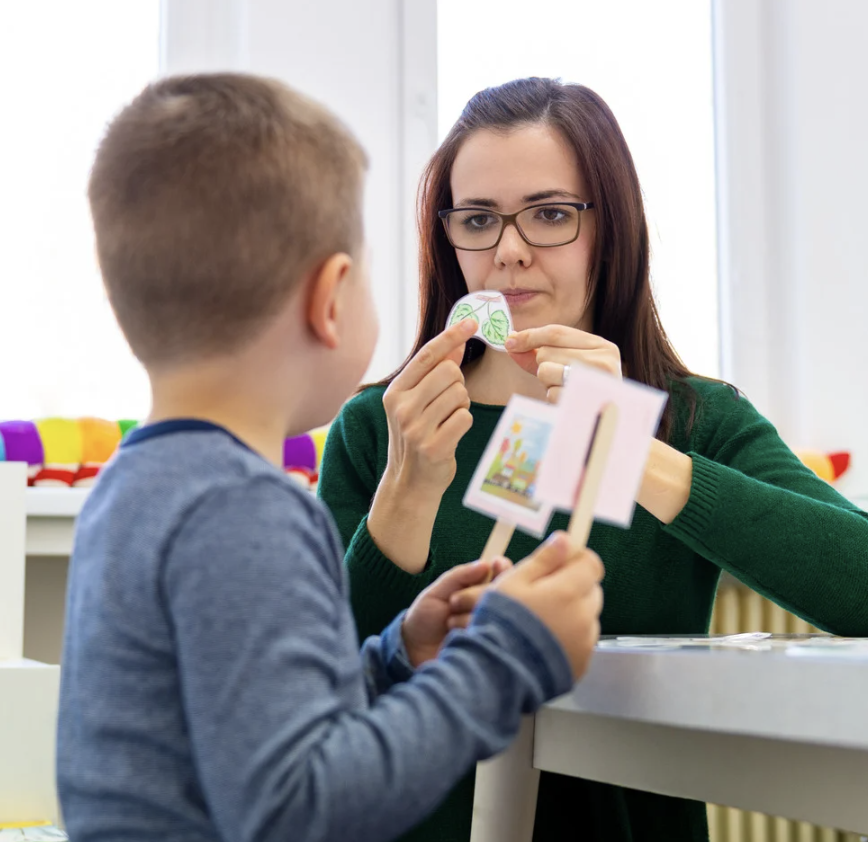Challenging Behaviors in Students: The SLP’s Role in Identifying What Barrier to Learning is Fueling the Behavior
Audience | SLPs |
Presenter Name(s) | Gina England, MA, CCC-SLP |
Presenter Bio(s) | Gina England has focused her career in the field of medical speech pathology and has worked with patients of all ages from pediatrics through geriatrics. She has worked in facilities all along the continuum of care including acute care, acute inpatient rehab, skilled nursing, home health, outpatient therapy and neurological day treatment. In August of 2011, Gina decided the time had come to further develop her growing interest in the area of continuing education and training for allied health professionals. To achieve this goal she would need to be actively involved in both patient care and professional education opportunities. She has continued to work as a per diem therapist in a variety of clinical settings and began to provide national seminars for PESI, Inc., a continuing education company based in Wisconsin. In addition, she has also been a part time Clinical Supervisor in the Department of Communication Sciences and Disorders at the University of New Hampshire and Adjunct Faculty at Granite State College and Nashua Community College. |
Description | The students in any public or private school system experience an abundance of labels that attempt to define their academic challenges in the classroom. These labels are behavioral, emotional, cognitive and linguistic in nature. The student’s histories often reflect the traditional public school model of classification and can focus on the behavioral characteristics of the student as the primary reason they have difficulty achieving academic success.
I would like to offer you a different approach. An approach that supports the necessity of identifying what DRIVES the behaviors of our students – essentially, what came first, the chicken or the egg. The classification I embrace when I work with these students is NON-TRADITIONAL LEARNER. Too much emphasis is traditionally placed on the behavioral outcomes – anxiety, depression, isolation, defiance, aggression and non-compliance. While these are valid concerns, until we identify and acknowledge what precipitates these behaviors, academic success will remain an elusive goal for our students. This webinar will focus on the roles the school based Speech Pathologist can incorporate to help mitigate the impact of a student’s learning challenges. These roles include our assessment efforts to assist in the identification of the primary learning challenges, our role as consultants to the team with our recommendations for teaching strategies/classroom accommodations and lastly, our ability to include targeted activities/interventions in our therapy sessions that directly address specific learning challenges including executive skills dysfunction, auditory processing deficits, ADHD, language delays and impairment to social communication and social pragmatics. |
Synchronous / Asynchronous | Synchronous |
Location | Live via Zoom |
Dates & Times | Tuesday, November 4th; 8:30am – 12:30pm |
PDPs | 3 PDPs |
CEs | N/A |
Cost | $175 ACCEPT members /$210 non-members Discounted Team Rates Available |
Registration Deadline | October 21, 2025 |

